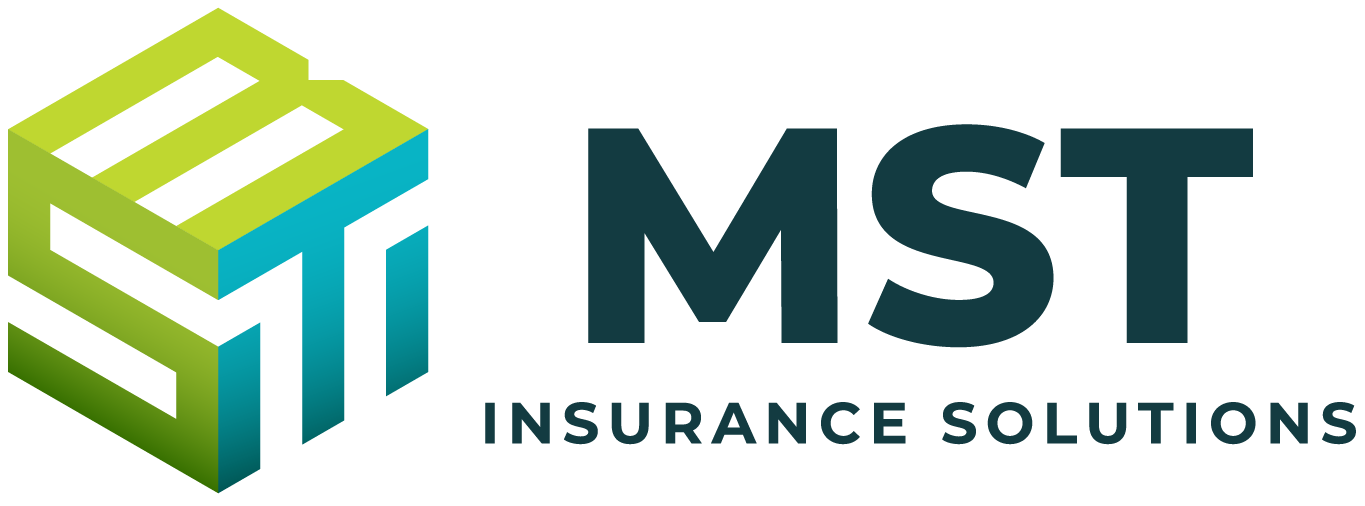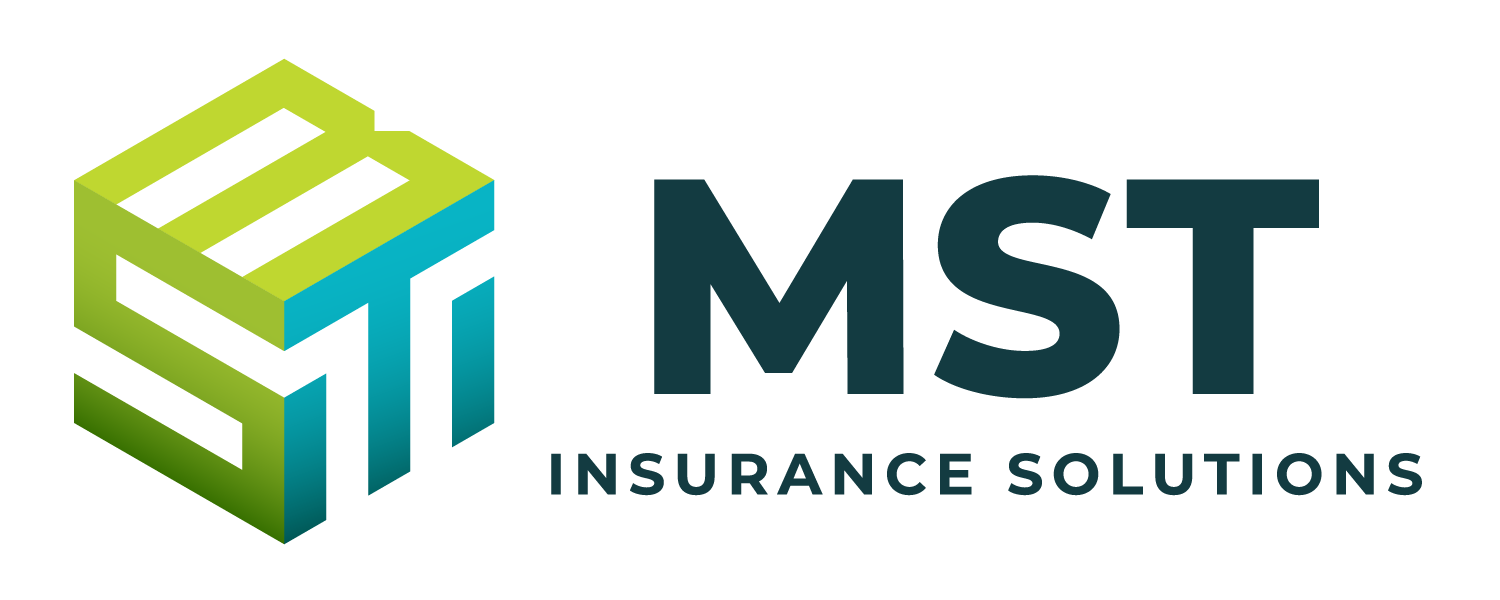On Sept. 14, 2023, the U.S. Department of Labor (DOL) and the Equal Employment Opportunity Commission (EEOC) announced a formal partnership between the EEOC and the DOL’s Wage and Hour Division (WHD). This partnership is intended to enhance and maximize the enforcement of federal laws and regulations through improved coordination and communication.
“It is the parties’ view that sharing of information in cases of common legal interest is to the parties’ mutual benefit.” -The MOU
The WHD enforces the Fair Labor Standard Act’s requirements regarding minimum wage, overtime pay, child labor and workplace protections for nursing mothers, as well as other federal laws. The EEOC enforces the Equal Pay Act, Title VII of the Civil Rights Act, the Pregnancy Discrimination Act, the Age Discrimination in Employment Act, Title I of the Americans with Disabilities Act and the Pregnant Workers Fairness Act, among other laws.
As part of their newly formed partnership, the agencies published a memorandum of understanding (MOU), which outlines procedures for the WHD and the EEOC when working together. The MOU does not limit the agencies’ enforcement of their respective statutes. It is a voluntary agreement which isn’t intended to be legally binding.
The MOU outlines the responsibilities of the agencies and provides guidance for information-sharing, including a list of individuals who can request information from both agencies and points of contact for requested information. It also provides a structure for coordinated investigations, interagency training, confidentiality requirements, outreach and security.
The partnership is effective immediately and will remain in effect until terminated by the parties. The WHD and the EEOC will review the MOU quarterly to determine whether the provisions require amendment or revision. Changes to the provisions of the MOU may be made with the mutual consent of both agencies.
Employer Takeaways
To avoid investigations and potential fines from the EEOC and WHD, employers can review their workplace policies and practices to ensure compliance with all federal laws and requirements. Furthermore, employers can establish avenues for employees to voice their concerns (e.g., open-door policies and formal complaint policies) and commit to responding to potential issues promptly and reasonably. Organizations can also consult with their local legal counsel to address any concerns related to state and federal laws.
Contact us today for further information.
For a copy of this notice, click here: EEOC and DOL Announce Enforcement and Outreach Partnership

